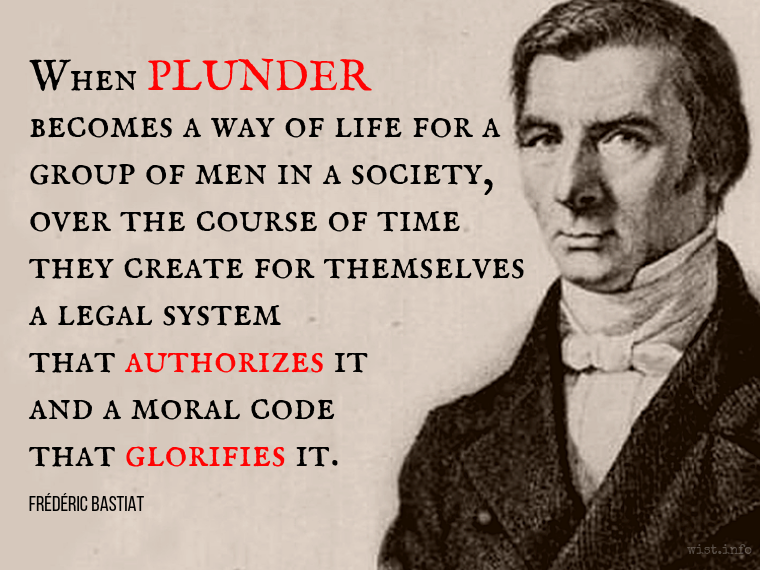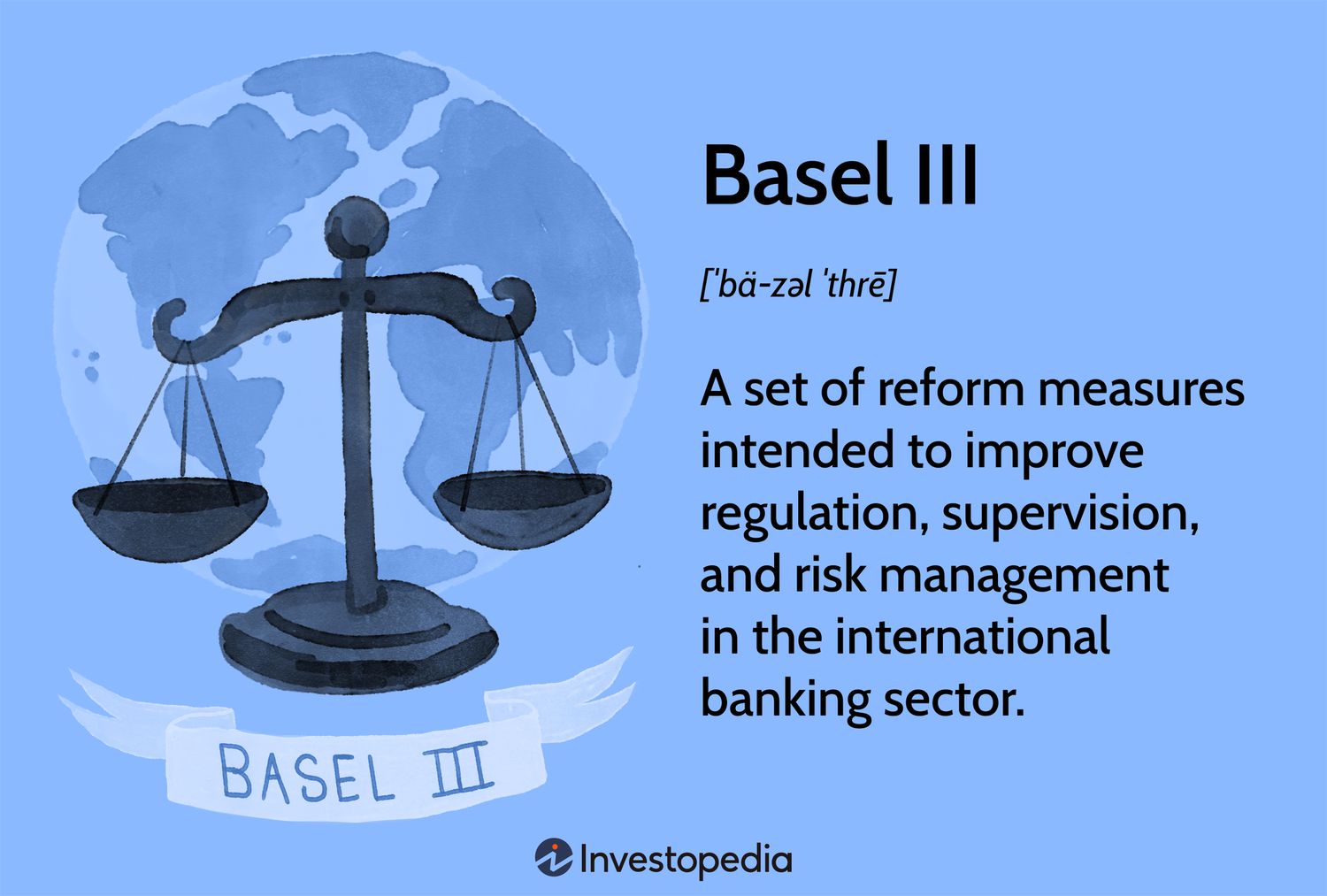Manufacturing Broken Britain. The deceitful role of the MassMedia industry and the political lobbies
The United Kingdom has been on a turbulent political trajectory since the 2016 Brexit referendum. Once heralded as a beacon of parliamentary democracy and stability, the nation has become ungovernable. Polarized politics, ineffective leadership, and an ever-more influential media landscape have fueled confusion and disillusionment among citizens. The fourth estate—the mass media—has become not merely a watchdog of government but an active player in manipulating public sentiment and shaping political narratives. The rise of 24/7 media saturation, combined with entrenched media moguls like Rupert Murdoch and new outlets backed by secretive offshore interests, has transformed the UK into a breeding ground for disinformation, undermining both governance and socio-economic stability.
Lebanon’s struggle to implement the Taif Agreement and the resistance movements against Hezbollah
Lebanon’s social and economic struggle and instability have been a feature of the country for some decades, and the Beirut dock incident plunged once again the country into a profound economic crisis, exploited by Hezbollah extremist groups, that are destabilizing militia in the region. Among the reasons for continuous instability in Lebanon has been the lack of implementation of the Taif Agreement, while the Shia Hezbollah Militia have taken over most parts of Lebanon’s civil society enforcing a tight Sharija rule Theocratic regime, that threatens Lebanese civil society, Lebanon’ Parliamentary Sovereignty, and wider instability in the region.
Reformism as Demagoguery in a Partitocracy: The Masking of Corruption and Undemocratic Authoritarianism
Reformism, when manipulated by a corrupt political system, becomes a demagogic tool used to deceive the public and maintain power. In a system best described as a partitocracy, where political parties dominate government decision-making to serve their interests rather than the populace, reformist rhetoric serves to mask the inherent criminality and authoritarian tendencies of the ruling elite. This version of reformism does not aim for meaningful change but instead reinforces undemocratic policies that benefit corruption, opacity in political lobbies backdealing, and criminal organizations to perpetuate societal instability.
How to promote lasting Peace Treaty in the Russia Ukraine conflict and wider security agreements between NATO and Russia. Prospects of wider Geopolitical and economic stability.
The conflict between Ukraine and Russia has engendered significant human suffering, geopolitical instability, and economic disruption, not only within the affected regions but also on a global scale. The international community has witnessed a relentless cycle of hostilities and retaliations, with numerous diplomatic efforts falling short of achieving a lasting resolution. As the conflict drags on, the necessity for a comprehensive and internationally recognized peace treaty becomes increasingly urgent. Such a treaty should encompass the return of Crimea to Ukraine and the establishment of a mutually agreed-upon security buffer and demilitarized zone along the Ukraine-Russia border.
The Necessity of Investigations and Actions to Combat Anti-Europeanism and Unmask Antisemitic Conspiratorial Tendencies
To effectively address anti-Europeanism and its hidden conspiratorial tendencies—particularly those that carry antisemitic undertones—it is essential to focus on investigations, public education, and accountability within both political discourse and mass media.
The Uncanny Truth About Anti-Europeanism as a Form of Covert Antisemitism: Historical and Ideological Perspective
Anti-Europeanism, especially when framed as opposition to the European Union and broader European integration, has emerged as a political and social stance that is often intertwined with xenophobia, nationalism, and protectionism. On the surface, Anti-European rhetoric critiques the perceived loss of sovereignty, cultural erosion, and economic disadvantages caused by the policies of the EU. However, underneath these arguments lies a deeper historical and ideological connection: the use of Anti-Europeanism as a subtle or “covert” form of antisemitism.
The Ideological Parallels Between Nigel Farage and Hitler: Xenophobia, Racism, and AntiEuropeanism as AntiSemitism
The rise of nationalist and populist rhetoric in Europe, particularly in the context of Brexit, has drawn historical comparisons to authoritarian dictators as Adolf Hitler. Among the most controversial figures in this movement is Nigel Farage, former leader of the UK Independence Party (UKIP) and a central architect of the Brexit campaign. Farage’s rhetoric—characterized by his disdain for the European Union (EU), his portrayal of immigrants as a threat, and accusations of pandering to racist and xenophobic sentiments—has prompted scholars and critics to draw parallels between his discourse and the demagoguery exploited by Hitler.
History of Soviet Union dangers posed to Europe through KGB operations
The Soviet Union, from its inception in 1922 until its dissolution in 1991, represented one of the most formidable threats to global stability, both politically and economically. The ideological conflict between the Soviet Union, a communist state, and the capitalist West, epitomized by the United States and its European allies, dominated the geopolitical landscape of the 20th century. Central to the Soviet Union’s strategy to spread its influence and counter Western power was the KGB (Committee for State Security), the notorious intelligence agency that played a crucial role in shaping global events during the Cold War.
Arabs’ money and the human trafficking business
In recent years, the influx of money from Arab autocracies into Europe has been substantial, spanning various sectors such as real estate, finance, and sports. While these investments have been publicly welcomed as a sign of economic collaboration and development,…
The opaque dynamics of plunder, Exploitation, Corruption, and Money Laundering
Globalization, driven by opaque unregulated illegal capitalist imperatives, has transformed the global economy into a complex network of financial flows, international trade, and investment. However, this economic integration has also facilitated a range of unethical practices, including systemic corruption, money…
The Ideological Propaganda of Brexit: Spreading Racism, Xenophobia, and Populism in Europe and Its Unintended Consequences for Ukraine
Brexit, the United Kingdom’s departure from the European Union, has been often viewed through the lens of national sovereignty and economic autonomy. However, its repercussions extend far beyond Britain’s borders, influencing European politics and international relations in unexpected ways. Among…
Bund Yield Curve Steepening: Term Premium to Rise in Longer Durations
Bund’s Yield Curve Term premium to steepen in longer duration Germany’s prevailing uncertainties and projected macroeconomic landscape will necessitate a higher term premium on long-duration Bunds. This is driven by embedded higher inflation expectations and increased ECB interest rates. The…
The Multi-Decades anti-socialism and anti-CP propaganda in Europe implemented by the United States, a peculiar interpretation of Democracy
The United States, Churchill, and the Shadow of Operation Paperclip: Controversies in 1945 In the summer of 1945, as World War II drew to a close, the world witnessed a realignment of global powers and the beginning of new tensions…
McIntyre’s Contrapposition between Aristotelian ethics and Hobbes’ individualism
During the 1980s an absolutely decisive text was published by McIntyre who rightly or wrongly is considered to be one of the main inspirers of the so-called communitarian current, in this very text titled After Virtue, the thesis exposed by…
Founded out of the Drugs and Opium Trade in Hong Kong, how HSBC operated since then, scandal after money laundering scandal
HSBC, one of the world’s largest and most influential banks, has a history shrouded in controversy. Founded in Hong Kong during the height of the opium trade in the mid-19th century, the bank has grown into a global financial giant….
Moody’s downgrades Mobico’s rating to Baa3; downgrades the company’s £1.5 billion backed senior unsecured medium term note (MTN) programme to (P)Baa3 from (P)Baa2, its £250 million backed senior unsecured medium term notes due 2028
Moody’s Ratings (Moody’s) has today downgraded Mobico Group PLC’s (Mobico) long-term issuer rating to Baa3 from Baa2. At the same time, the rating agency downgraded the company’s £1.5 billion backed senior unsecured medium term note (MTN) programme to (P)Baa3 from…





























